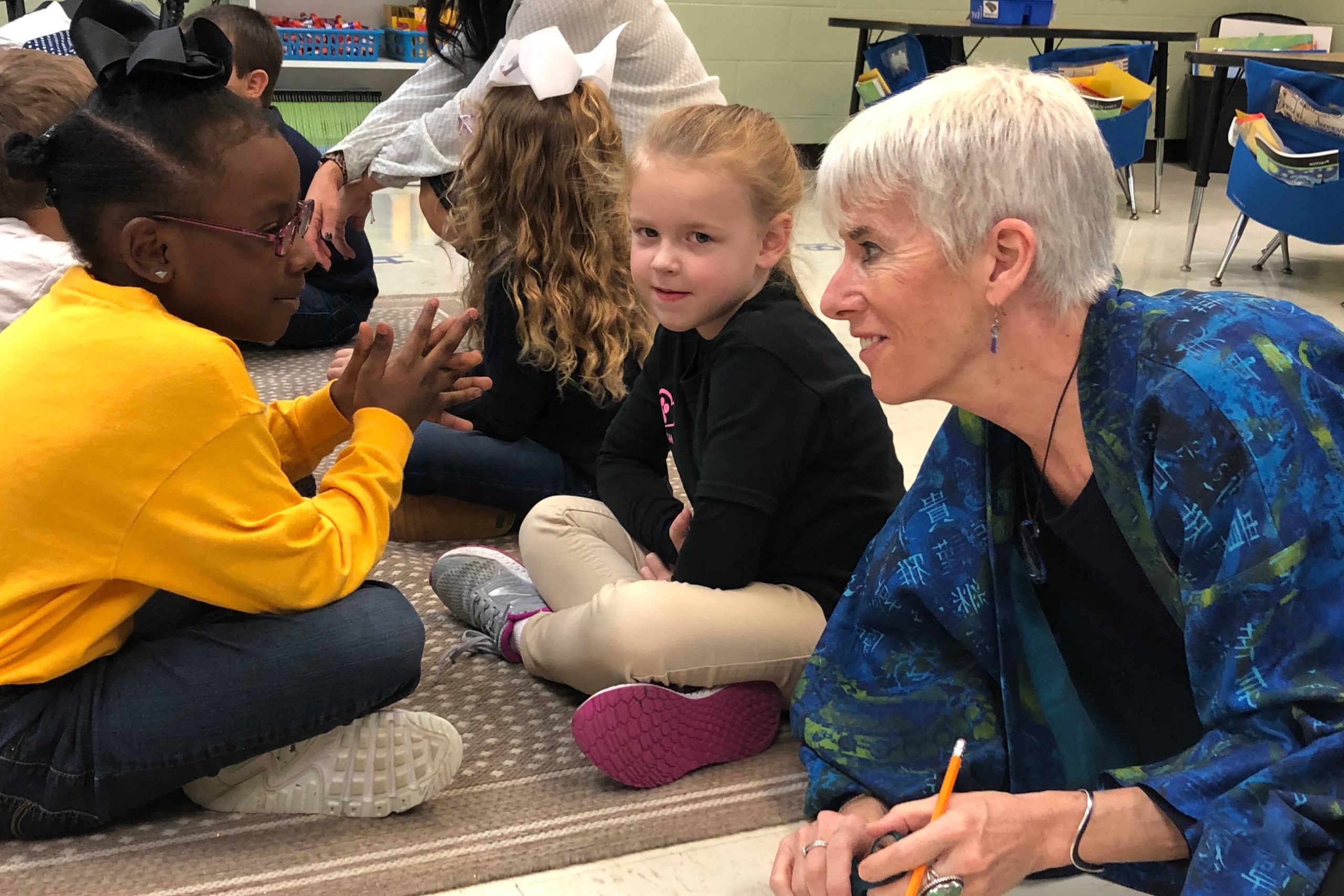The Knowledge Matters Campaign was launched in 2015 by a group of education thought leaders who understood the essential role of background knowledge to reading comprehension and critical thinking. Almost immediately, hundreds of educators from across the country endorsed the Campaign’s call to “make building knowledge Job One for American education.”
The Campaign initially focused on increasing the instructional time students receive in history, science, geography, art, music, and literature, particularly in the elementary grades. Students in grades K–6 receive a mere 16–21 minutes a day on social studies and 19–24 minutes on science, which defies everything we know from research about the critical role knowledge plays in learning to read and write well.
In recent years, the Campaign has concentrated on how best to inject rich content into the core subjects of English language arts (ELA) and mathematics in the elementary grades, in order to capitalize on the momentum for high-quality curriculum in these two subjects that are the focus of K-12 policy. Our Knowledge Matters School Tour has traveled the country to showcase the promise and excitement around these relatively new, knowledge-building curricula.
The Campaign endeavors to show educators and parents that wonder and excitement CAN be a part of every child’s learning experience. We also seek to cut through the confusion and misinformation about what constitutes excellence in knowledge-building curriculum and to highlight the many virtues of true knowledge-building ELA curriculum, including which ones are the strongest in the eyes of literacy leaders. We will continue to spotlight additional high-quality, knowledge-building curricula as they are developed and to expand the conversation to other disciplinary curricula that support the goal of knowledge-building.
Our scientific advisors
The Knowledge Matters Campaign is fortunate to receive guidance from a distinguished group of education researchers who constitute our Scientific Advisory Committee. While this group is not formally associated with the Campaign and does not endorse—as a group or as individuals—everything said or done via the campaign, we are grateful for their wisdom and humbled by their commitment to advancing our understanding of how children learn to read and write.
Members of the Scientific Advisory Committee:
Marilyn Jager Adams
Visiting Scholar, Brown University
Ana Taboada Barber
Professor and Associate Dean, Research, Innovation and Partnerships, College of Education, University of Maryland
Sonia Cabell
Associate Professor of Education, Florida Center for Reading Research, Florida State University
Hugh Catts
Professor of Communication Science and Disorders, Florida State University
Anne E. Cunningham
Professor, Learning Sciences and Development, Berkeley School of Education, University of California, Berkeley
Nell Duke
Professor of Literacy, Language, and Culture and in combined Program in Education and Psychology, University of Michigan
Lily Wong Fillmore
Professor Emerita, Graduate School of Education, University of California, Berkeley
James S. Kim
Professor, Language and Literacy, Graduate School of Education, Harvard University
Danielle McNamara
Executive Director, Learning Engineering Institute, Arizona State University
Kate Nation
Professor of Experimental Psychology, University of Oxford
Susan Neuman
Professor, Early Childhood and Literacy Development, Steinhardt School of Culture, Education, and Human Development, New York University
Kathleen Rastle
Professor of Cognitive Psychology, Royal Holloway University of London
David Steiner
Executive Director, Johns Hopkins Institute for Education Policy
Daniel Willingham
Professor of Psychology, University of Virginia
Our leadership
The Knowledge Matters Campaign is a project of StandardsWork, Inc., a non-profit “do-tank” founded in 1992 that is focused on three high-impact levers for producing academic improvements:
- The vital role high-quality curriculum plays in delivering content and teaching skills.
- The importance of building deep background knowledge in students.
- The “octane” that specific evidence-based instructional practices provide educators.
The Knowledge Matters Campaign is at the intersection of these important objectives and StandardsWork is proud to support its ongoing work. Barbara Davidson, Executive Director of the Knowledge Matters Campaign and President of StandardsWork, can be reached at bdavidson@standardswork.org.

